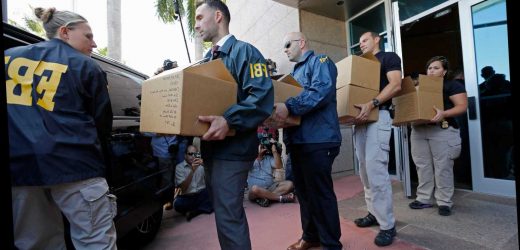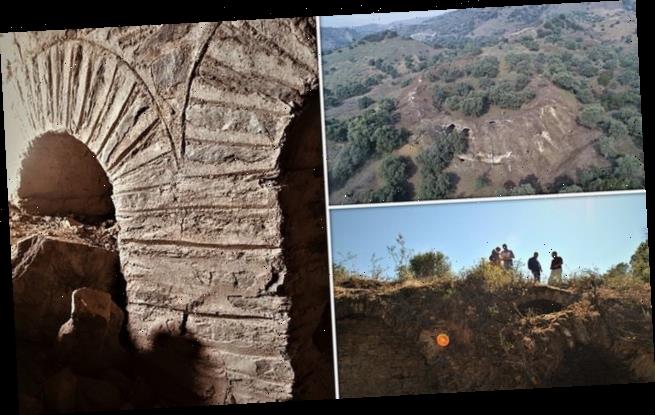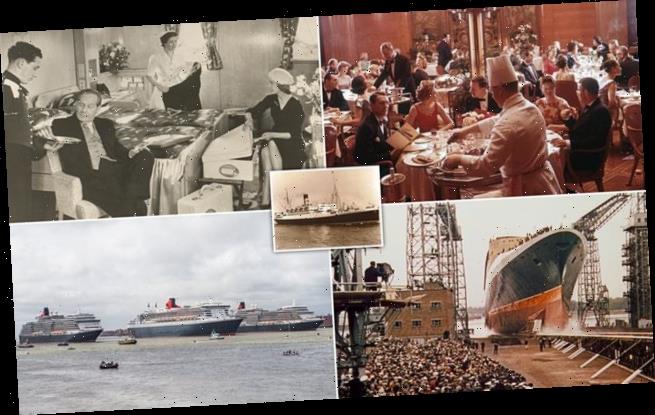The Racketeer Influenced and Corrupt Organizations Act (RICO) is a United States federal law.
It was introduced due to the complexity of bringing successful charges against members of large organized crime gangs.
What is RICO?
The Racketeer Influenced and Corrupt Organizations Act (RICO) is a federal law passed by Congress in 1970.
The legislation, signed by President Richard Nixon, explicitly aimed to combat organized crime across the United States.
It allows criminals to be hit with extended penalties and a civil cause of action for their roles in criminal organisation.
It specifically focuses on racketeering and targets kingpins by allowing them to be tried for crimes that they ordered or assisted in.
Before the RICO Act, a person could be absolved from prosecution if they did not personally commit the crime.
What are RICO charges?
WHAT CONSTITUTES BREAKING RICO LAWS?
To convict a defendant accused of violating RICO laws, the government must prove a number of things beyond a reasonable doubt.
- That a criminal enterprise existed
- That the actions of the group affected interstate business
- That the defendant was associated with or employed by the organization
- That the accused was involved in a pattern of racketeering activity
- That the defendant was party to the operations conducted by the enterprise during at least two acts throughout the sequence of racketeering activity
WHAT CRIMES ARE COVERED BY THE RICO ACT?
Racketeering violations are regarded as “predicate offenses”, referring to a crime committed which is a component of a larger crime.
- Arson
- Bribery
- Counterfeiting
- Distribution of a controlled substance
- Embezzlement
- Extortion
- Fraud
- Gambling
- Homicide
- Kidnapping
- Mail fraud
- Money laundering
- Murder
- Murder-for-hire
- Robbery
- Terrorism
- Wire fraud
- Witness tampering
What are the most famous RICO cases?
FIFA
In May 2015, fourteen defendants – made up of FIFA bosses, sports marketing executives, and the owner of a broadcasting corporation – were indicted under the RICO Act in a 47-count arraignment.
US federal prosecutors brought the charges against a string of officials and associates linked to the Fédération Internationale de Football Association (FIFA) and CONCACAF.
They were accused of "racketeering, wire fraud and money laundering conspiracies, among other offenses, in connection with the defendants' participation in a 24-year scheme to enrich themselves through the corruption of international soccer."
The defendants are believed to have used the football federation as a front to gain millions of dollars in bribes, which is suspected to have influenced Russia and Qatar's bids to hold the 2018 and 2022 FIFA World Cups.
The Swiss authorities also launched a criminal inquiry into the matter.
The investigation is expected to take up to 5 years to complete.
Hells Angels
Outlawed motorcycle mob, Hells Angels Motorcycle Club, were accused of using their organization as a front for a spate of violent crimes.
International intelligence agencies and police forces believe they were involved in drug dealing, trafficking stolen goods, fraud, gunrunning, extortion, theft, assault, murder, bombings, contract killings, and prostitution.
Members of Hells Angels have maintained that they are simply a group with a shared enthusiasm for motorcycles, and the responsibility lies with individuals rather than the group.
But the State Department and Department of Homeland Security have deemed the squad a "known criminal organization".
In 1979, US authorities set their sights on Sonny Barger and several other members of the Oakland division.
Prosecutors tried to slap Barger with RICO charges by attempting to prove a pattern of racketeering involving guns and drug offences.
However, Barger was acquitted on the RICO charges due to a hung jury.
The president of the Hells Angels Sonoma Chapter, Johnathon 'Jon Jon' Nelson was indicted in 2017 as part of a large-scale investigation into the gang.
Eleven other members, mostly related to the Sonoma dividend, were charged with racketeering and engaging in serious violent crimes, including murder.
Nelson is accused of luring former Hells Angels sergeant-at-arms Joel Silva to a Fresno clubhouse after conspiring with other gang members, before another member shot him in the head.
Cowboy Mafia
The Cowboy Mafia were once regarded as one of the most prolific drug smuggling groups in Texas, during the 1970s.
The gang used a string of shrimp boats – Agnes Pauline, Monkey, Jubilee, and Bayou Blues – on six trips from Colombia to the US, to import over 106 tons of marijuana from 1977 to 1978.
The mob were arrested in 1978 when the federal government seized the Agnes Pauline boat while they were unloading in Port Arthur, Texas.
The following year, 26 members were convicted. The Cowboy's kingpin Charles 'Muscles' Foster pleaded innocent by reason of insanity and was acquitted in 1980.
In 1981, the gang's suspected financial backer, multi-millionaire businessman Rex Cauble was indicted by a grand jury.
He was later convicted on ten counts – including two RICO charges – and sentenced to five consecutive terms of five years.
Cauble also had to give up his 31% stake in Cauble Enterprises, before the government sold the interest back to his wife and son for an estimated $12 million.
He was released in September 1987.
Los Angeles Police Department
After the Rampart scandal exposed a culture of widespread corruption with the LAPD'S anti-gang unit, it opened the floodgates for the force to be prosecuted under the RICO Act.
The departments Community Resources Against Street Hoodlums (CRASH) component in the Rampart Division was plagued by misconduct allegations made against over 70 officers.
The malpractice included unprovoked shootings, unprovoked beatings, planting of false evidence, stealing and dealing narcotics, bank robbery, perjury, and tampering of evidence.
Federal judge William J. Rea ruled in one segment that plaintiffs could pursue RICO charges against law enforcement in April 2000, which was a further blow to the LAPD'S tarnished image.
However, this ruling was later reversed by US District Judge Gary A. Feess in July 2001, as he said the accusers did not have the ability to bring RICO charges as the cases were regarding personal injury rather than property.
As a result of the inquiry, 106 convictions were overturned, and 140 civil lawsuits were brought against the city of Los Angeles.
Source: Read Full Article









